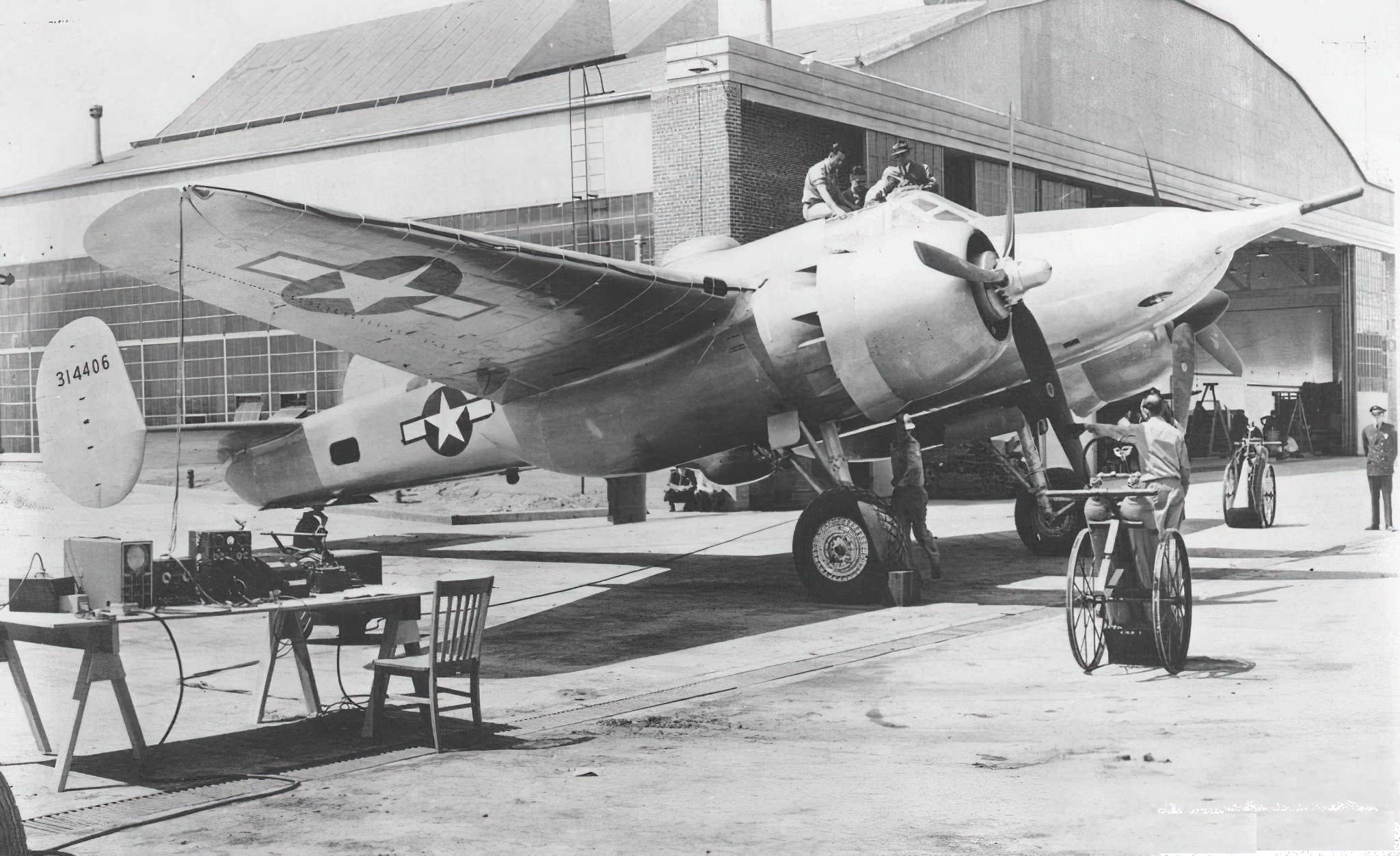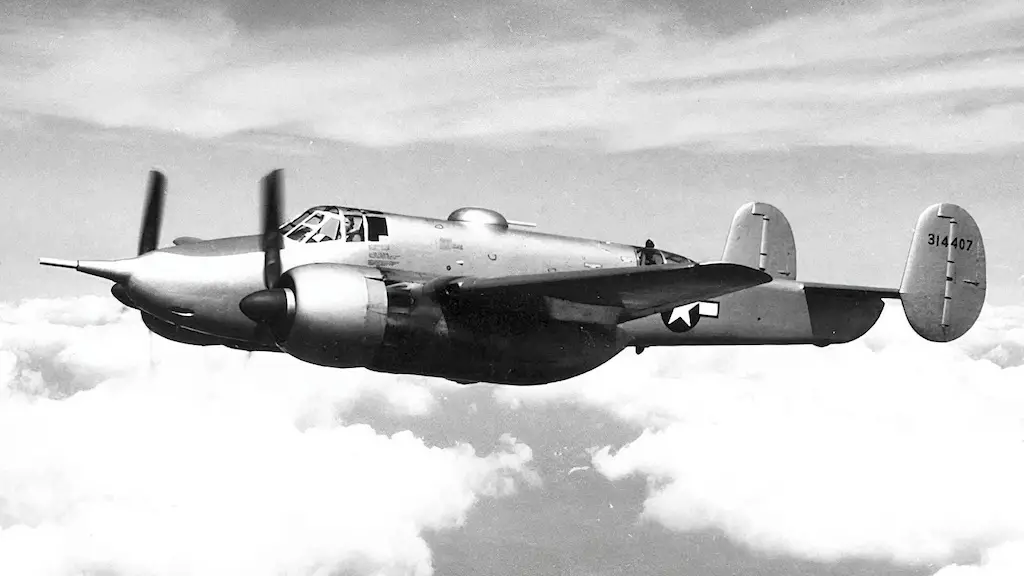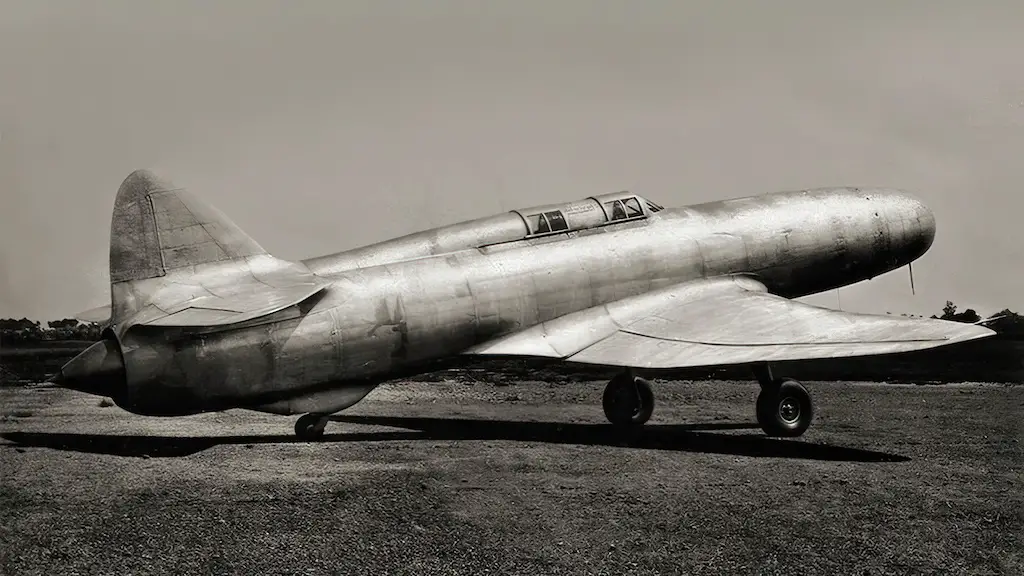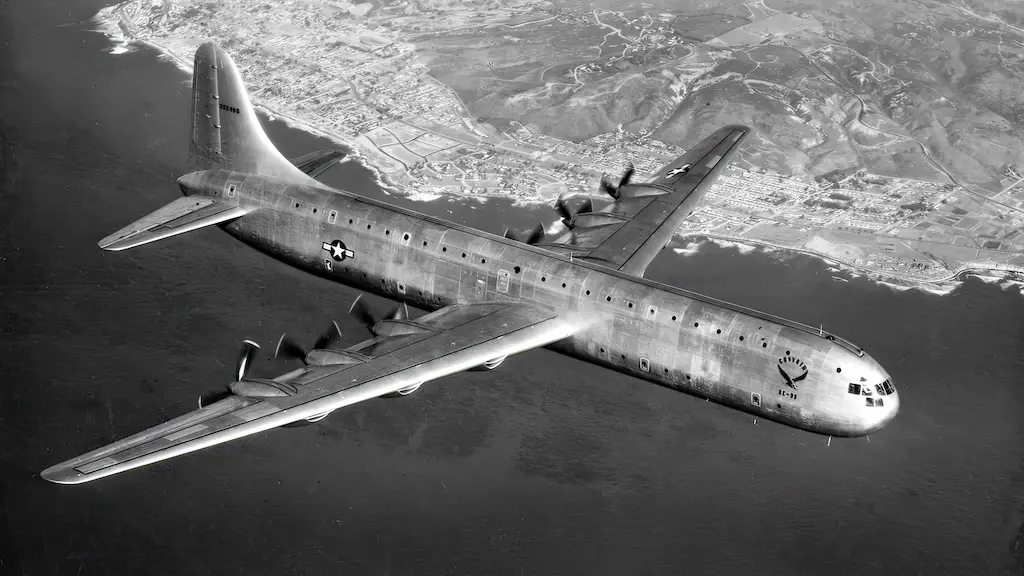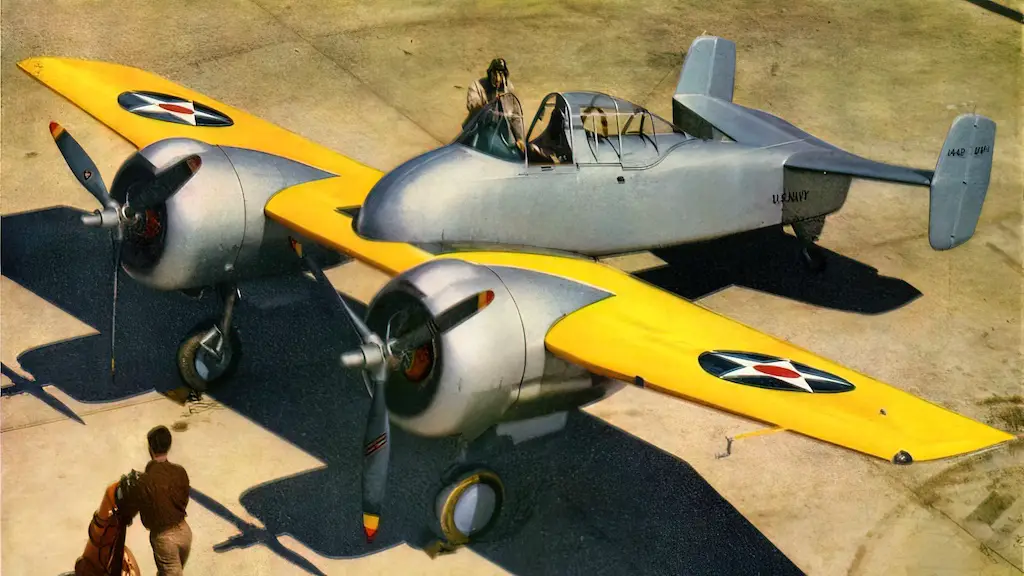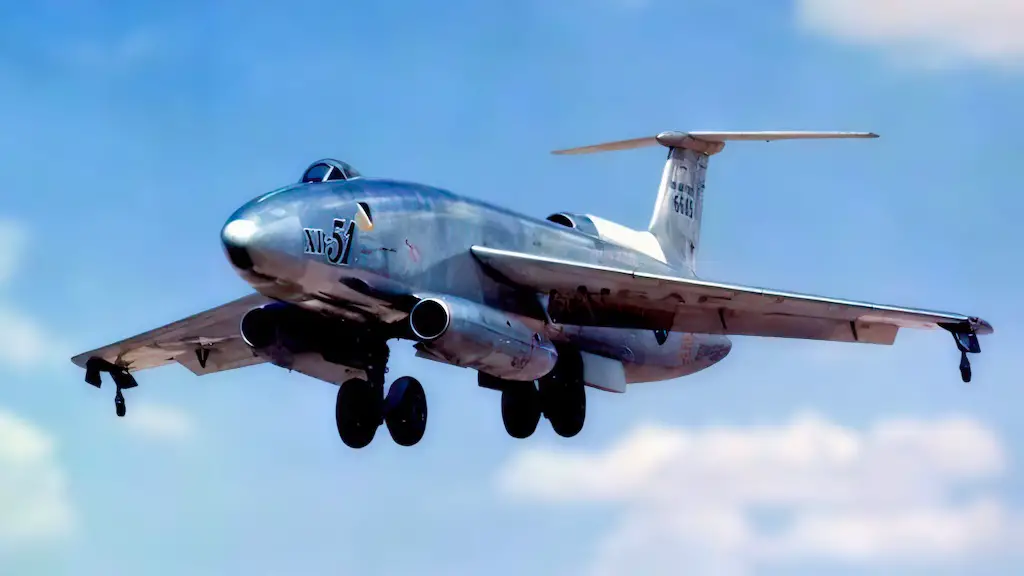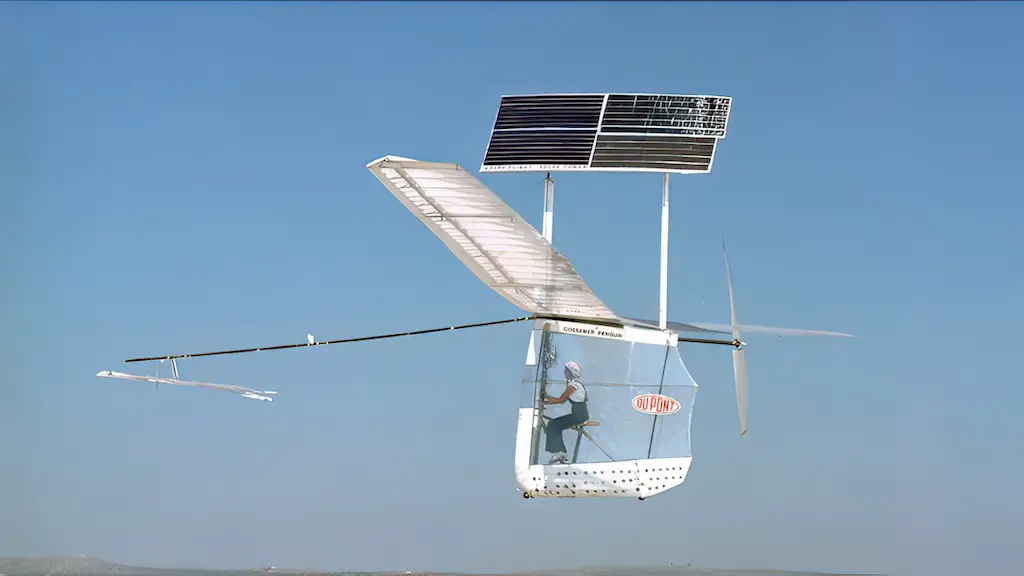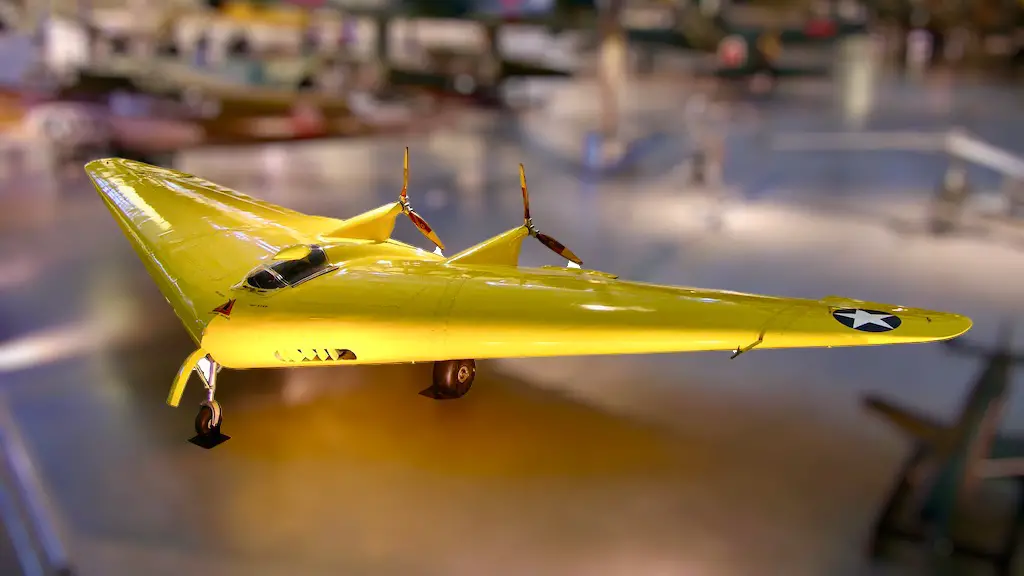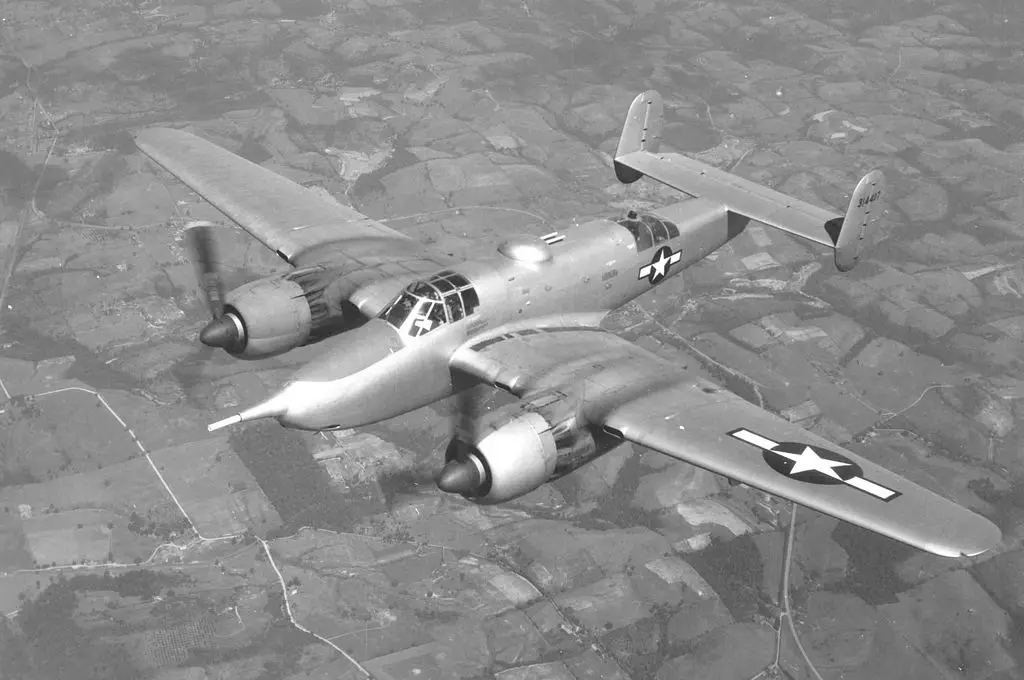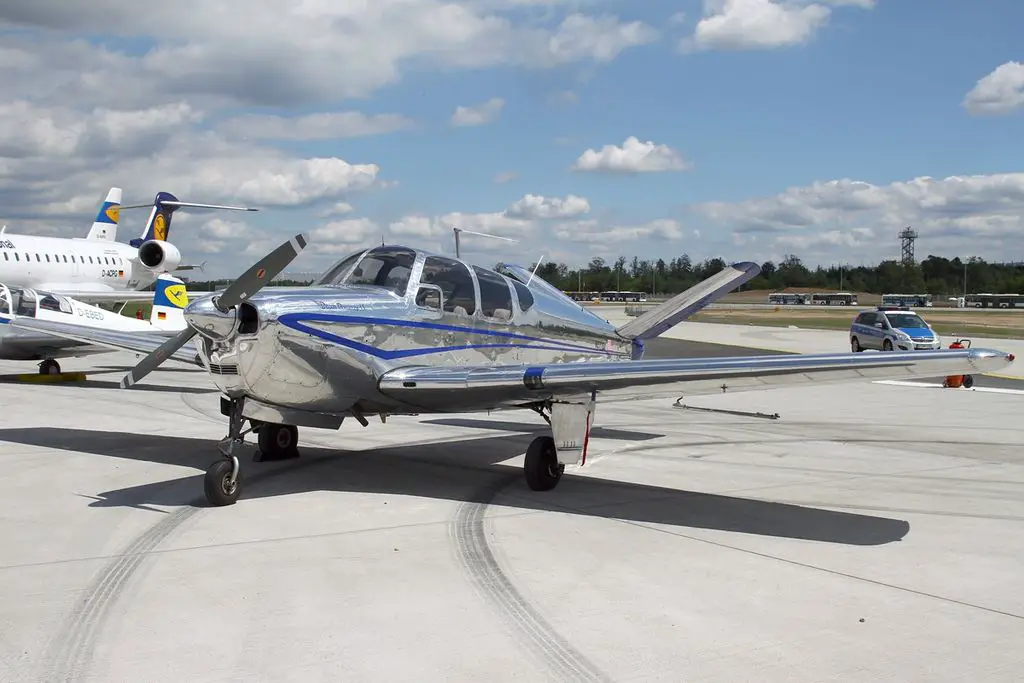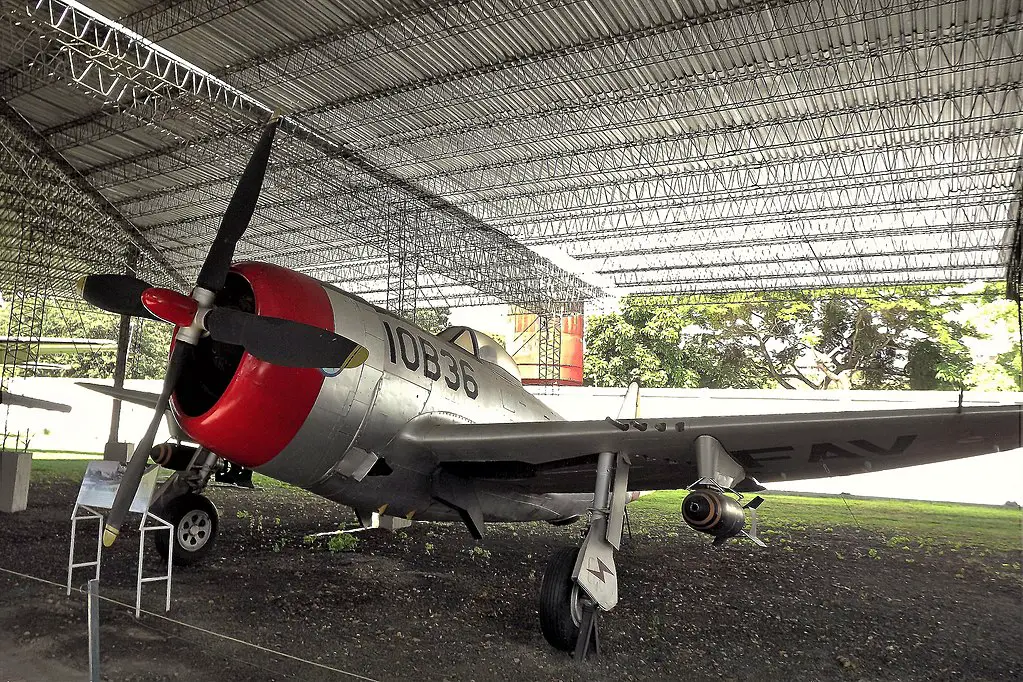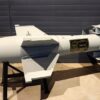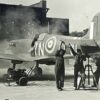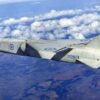The grizzly
Beechcraft, which was founded in 1932, is still going strong. The Bonanza has been produced continuously for more than 17,000 flights, which is the longest manufacturing run of any type of aircraft. The Grizzly, of which only two were made, was Beechcraft’s lone attempt at a combat aircraft and was far less successful.
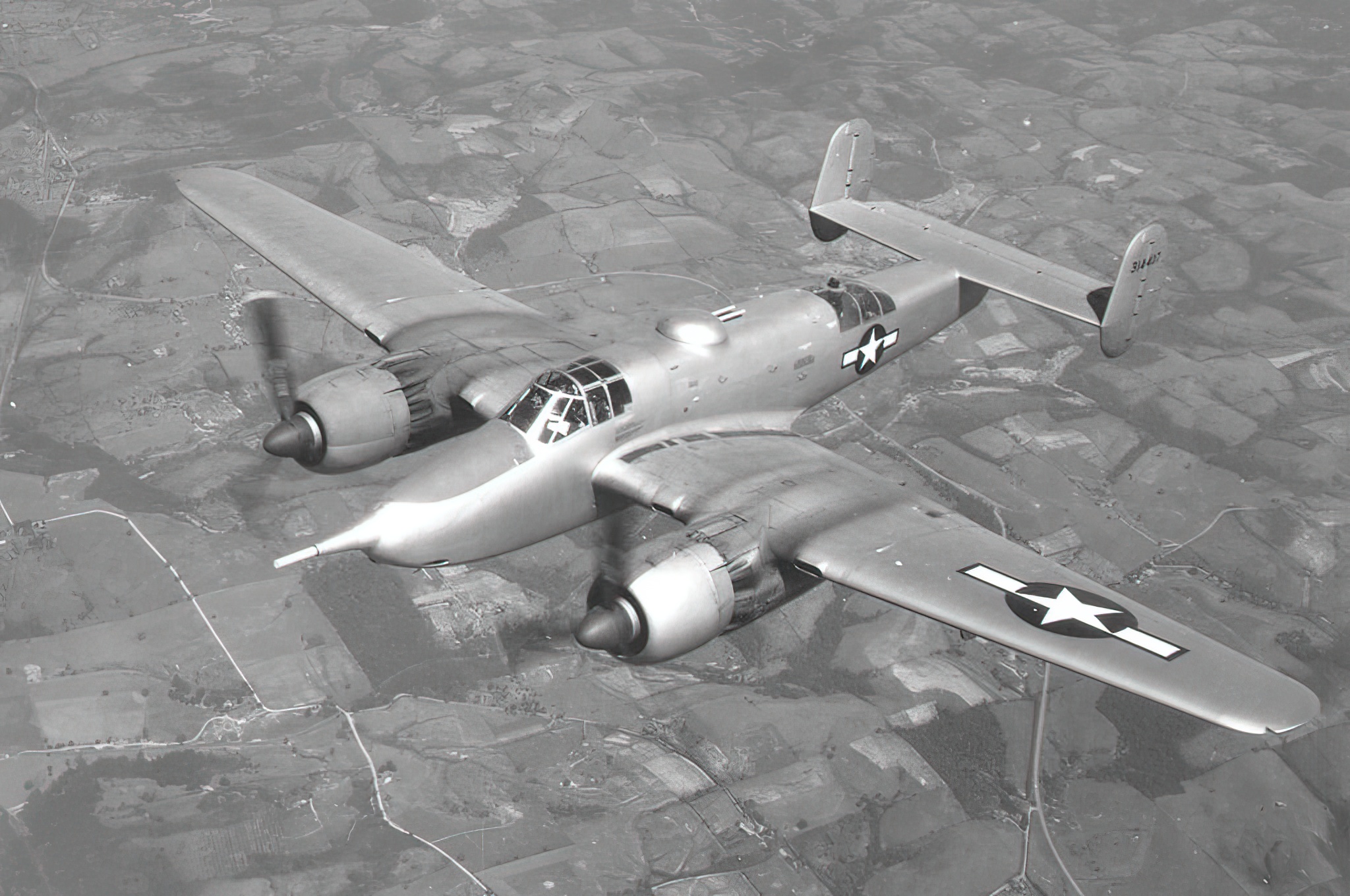
A tank gun?
The Sherman tanks’ 75mm gun was mounted in the nose as its main weapon. Its massive gun was designed to be used against armored targets like pillboxes and tanks because it was a ground attack aircraft specifically for that purpose. Tests have shown the weaponry to be especially effective. The main weapon was aimed at two forward-firing 50-caliber machine guns. Most Second World War dedicated ground attack aircraft were relatively slow and susceptible to fighter assault.
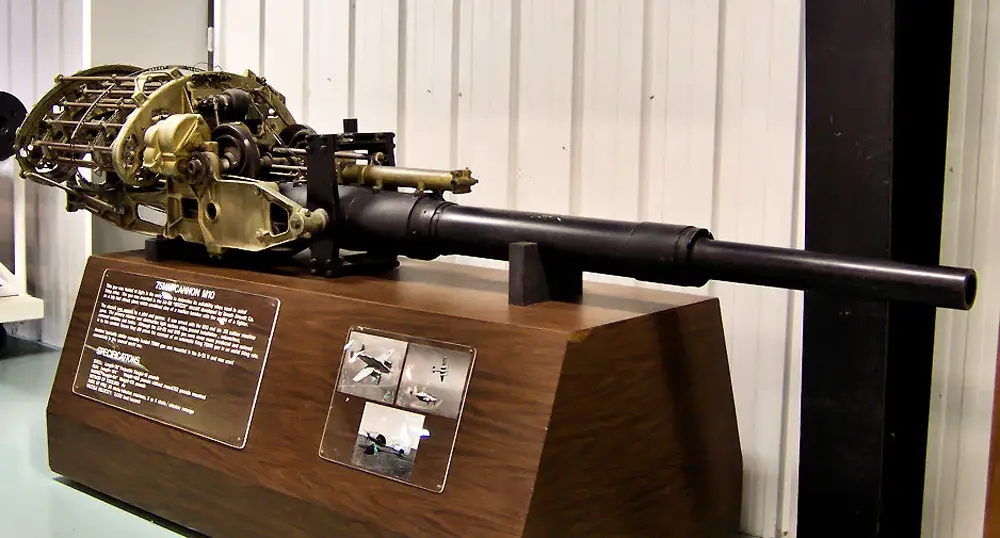
Speedy
Still, the Grizzly was quick: while having the bulk of a medium bomber, it could reach 376 mph at 5000 feet, which is ten mph faster than a P-47D at the same altitude. With two 50-caliber machine guns mounted in each of the dorsal and ventral turrets to deal with any fighter aircraft it might not be able to outrun—which were few indeed at the low altitudes, it was meant for—it was also very well protected.
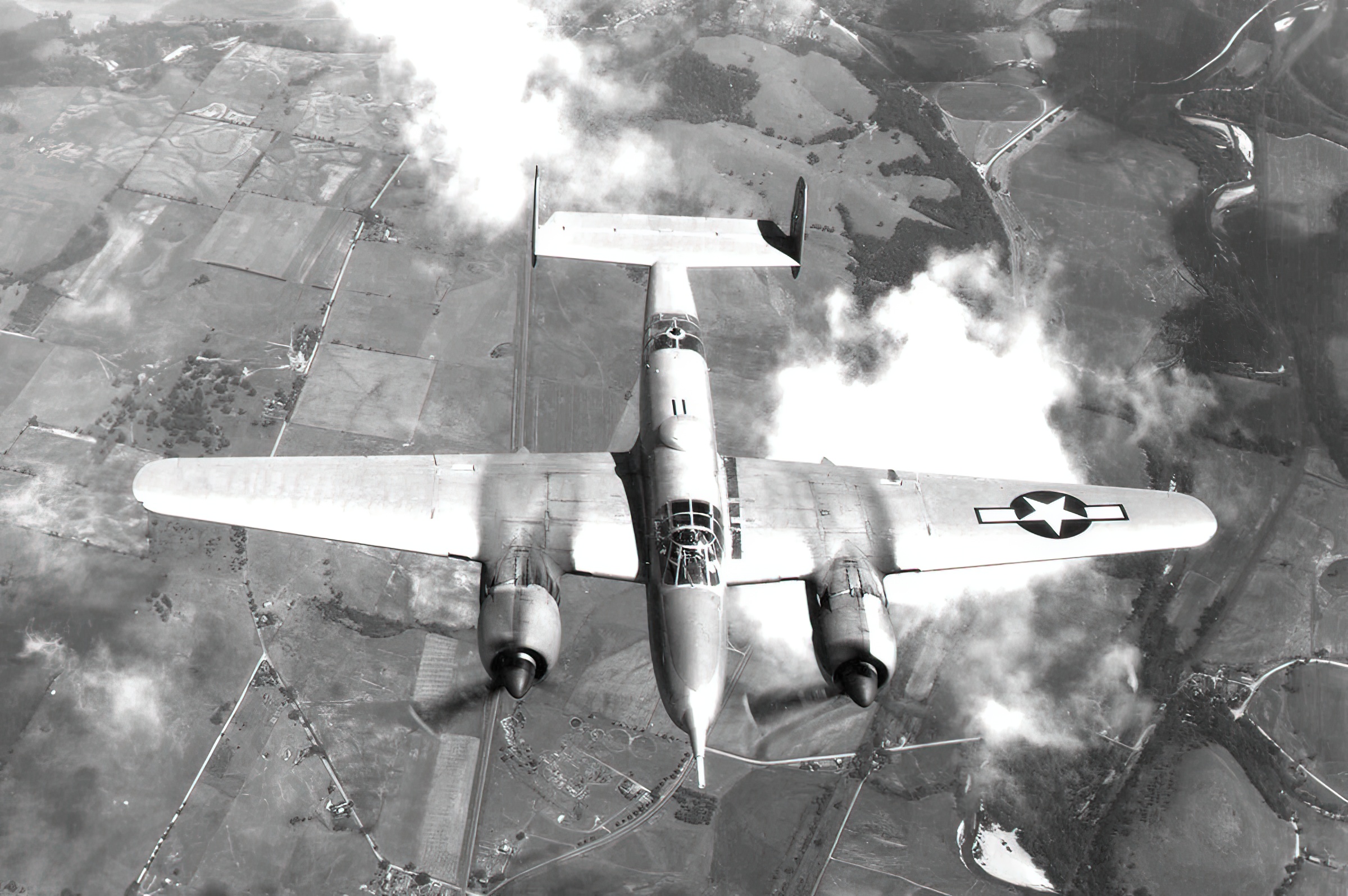
Could have been great
Its serviceability also received praise, which was exceedingly unusual for prototypes of a brand-new aircraft, given its high performance and wacky weaponry. The XA-38 was one of those incredibly uncommon military aircraft that fulfilled or exceeded each and every need of their design specification and was as close to flawless on a first try as is ever likely to be the case. It seemed reasonable to assume that it would have an exceptional career.
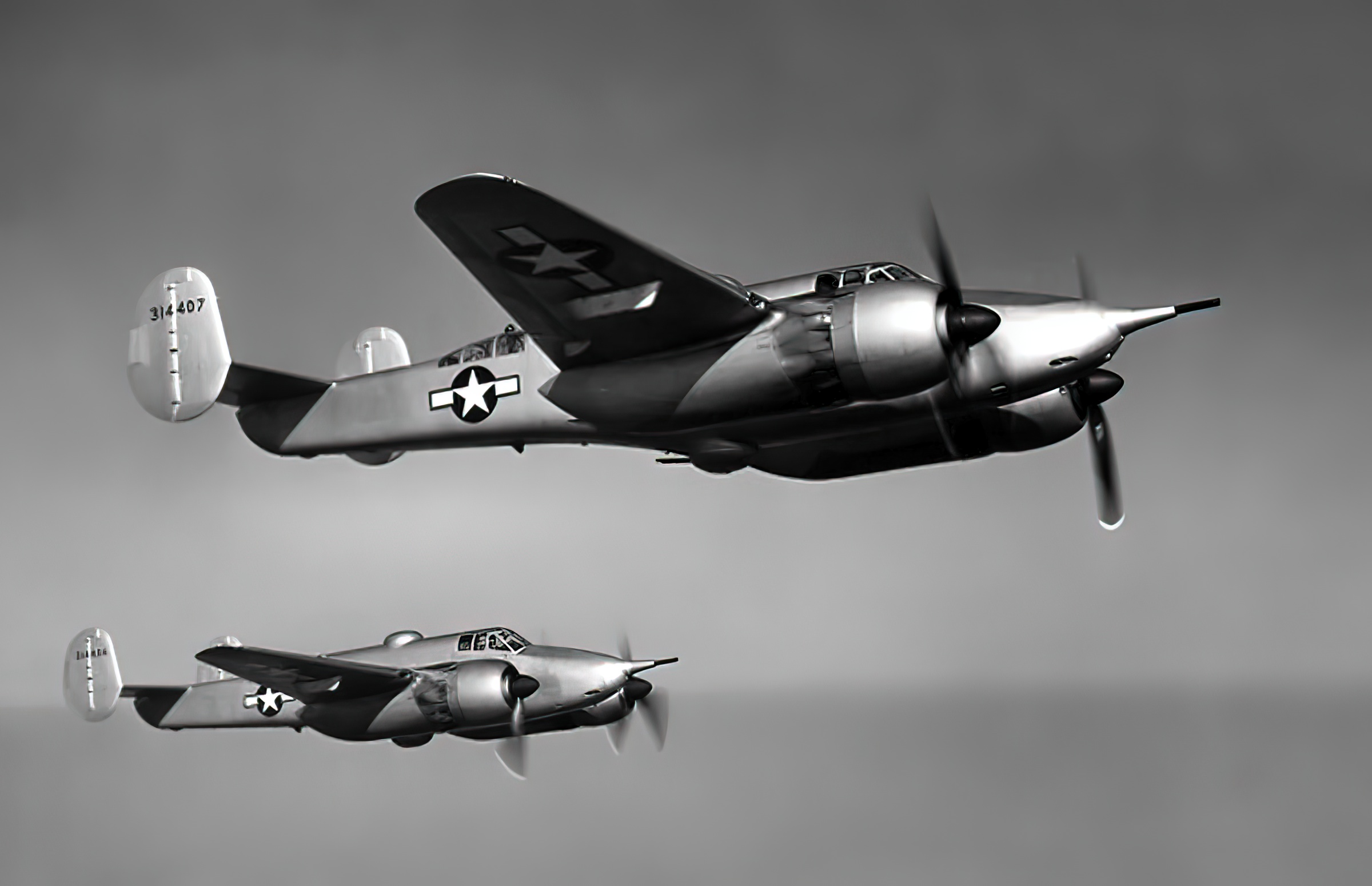
Performance
The Grizzly’s impressive performance, unfortunately for Beechcraft, was partly due to its Wright R-3350 “Duplex-Cyclone” engines, which the B-29 Superfortress also utilized. There weren’t enough R-3350s to go around, the B-29 took precedence, and the XA-38 was relegated to history—literally since one of the Grizzly prototypes was meant for preservation at the USAF museum. Even the impressive industrial might of the US had its limits. Unfortunately, it was lost, and it’s still unclear what happened in the end.
